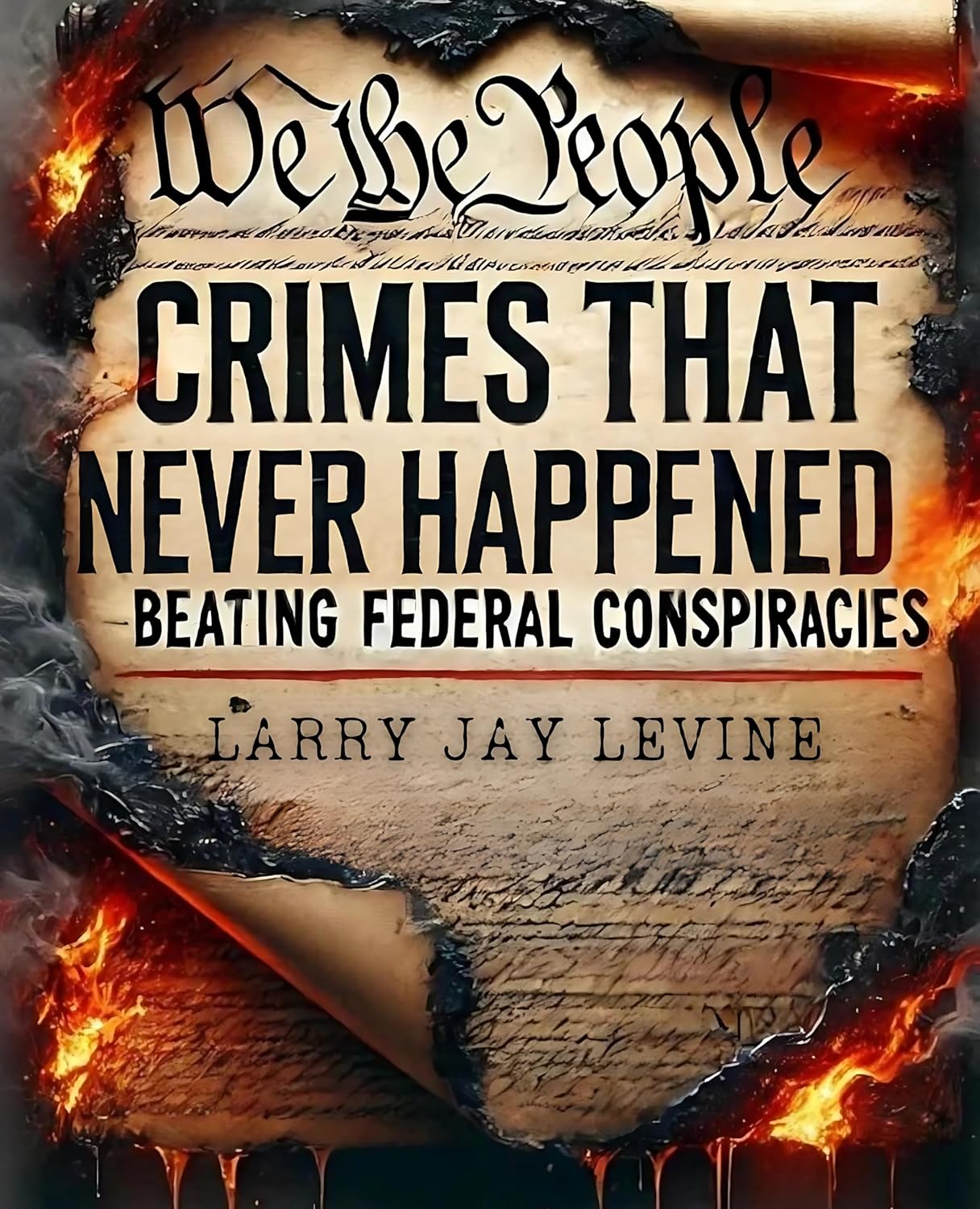Who is the United States Secret Service
The U.S. Secret Service (USSS) is a federal law enforcement agency under the Department of Homeland Security (DHS). While best known for protecting the President, Vice President, and foreign dignitaries, the Secret Service has a dual mission: protection and criminal investigations. Originally established in 1865 to combat counterfeit currency, the agency’s investigative role has expanded to include financial crimes, cybersecurity threats, and fraud targeting the U.S. financial infrastructure.
The Secret Service operates both domestically and internationally, maintaining field offices worldwide to investigate crimes that cross borders, particularly those involving cybercrime, financial fraud, and organized criminal networks.
Facing a Secret Service Investigation? Take Action Now.
If you’re under investigation by the Secret Service, you’re dealing with one of the most sophisticated federal law enforcement agencies in the world. Their expertise in financial crimes, cyber forensics, and surveillance makes them a formidable force—and they don’t pursue cases unless they’re confident in their evidence.
How White Collar Advisory Group Can Help You
That’s where White Collar Advisory Group comes in. We prepare criminal defendants in dealing with the US District court system and while attorneys focuses on courtroom strategy, we focus on protecting your future by preparing you for the realities of federal prosecution and prison life.
Our services go beyond legal defense—we focus on what comes next:
- Sentencing Preparation: Learn how to present yourself effectively to mitigate sentencing outcomes, including strategies for the Presentence Investigation Report (PSR).
- Prison Consulting: Guidance on navigating the federal prison system, from security classifications to daily survival strategies.
- Sentence Reduction Strategies: Advice on qualifying for programs like RDAP, compassionate release, and sentence mitigation tactics.
- Post-Conviction Support: Assistance with halfway house placement, supervised release, and reentry strategies after prison.
We’ve helped countless clients navigate the federal system, and we’re ready to help you.
Contact Us Now
📧 Email: help@whitecollaradvisorygroup.com
📞 Phone: 480-745-2000`
Self Help Books by Larry Levine
 |
 |
Key Areas the Secret Service Investigates
While the Secret Service is known for its protective duties, its criminal investigative division is equally critical. Their focus is on crimes that threaten the integrity of the U.S. financial system and critical infrastructure. Key areas include:
💵 1. Financial Crimes
- Counterfeiting: Investigating the production and distribution of counterfeit currency, which remains a core mission of the agency.
- Credit Card Fraud: Targeting large-scale fraud schemes involving stolen credit card data and skimming devices.
- Bank Fraud: Uncovering fraud schemes targeting financial institutions, including check fraud and loan fraud.
- Wire Fraud: Investigating schemes that use electronic communications to commit financial fraud.
🖥️ 2. Cybercrime
- Hacking and Network Intrusions: Identifying and prosecuting cybercriminals targeting government systems, financial institutions, and major corporations.
- Ransomware Attacks: Investigating extortion schemes where cybercriminals demand payment to unlock encrypted data.
- Identity Theft: Tackling complex cases involving stolen personal information used for fraud or financial gain.
🌍 3. Transnational Organized Crime
- Money Laundering: Tracing illicit financial transactions through shell companies, offshore accounts, and cryptocurrency platforms.
- Human Trafficking (Financial Aspects): Targeting the financial networks that support trafficking operations.
- Fraud Rings: Disrupting organized crime groups involved in large-scale financial fraud schemes across borders.
How the Secret Service Conducts Investigations
The Secret Service uses a combination of traditional investigative techniques and advanced cyber forensics to track down criminals. Their methods include:
- Cyber Forensics: Analyzing digital evidence, recovering deleted files, and tracing IP addresses linked to cybercrime.
- Financial Transaction Analysis: Following the money through complex networks of shell companies, offshore accounts, and cryptocurrency platforms.
- Surveillance Operations: Conducting both physical and electronic surveillance to monitor suspects in real time.
- Undercover Operations: Infiltrating criminal organizations to gather evidence firsthand.
- International Partnerships: Collaborating with foreign law enforcement agencies to track down cybercriminals operating abroad.
The Secret Service also operates Electronic Crimes Task Forces (ECTFs) nationwide, bringing together federal, state, and private-sector partners to combat cybercrime.
Penalties for Crimes Investigated by the Secret Service
The crimes investigated by the Secret Service carry severe federal penalties, often involving lengthy prison sentences, hefty fines, and asset forfeiture. Common penalties include:
- Counterfeiting (18 U.S.C. § 471): Up to 20 years in federal prison and substantial fines.
- Wire Fraud (18 U.S.C. § 1343): Up to 20 years in prison, or 30 years if the fraud involves a financial institution.
- Identity Theft (18 U.S.C. § 1028): Up to 15 years in prison for aggravated identity theft, plus mandatory restitution to victims.
- Money Laundering (18 U.S.C. § 1956): Up to 20 years in prison and fines of up to $500,000 or twice the value of the laundered funds.
- Cybercrime (Computer Fraud and Abuse Act – 18 U.S.C. § 1030): Penalties range from 5 to 20 years, depending on the severity and impact of the crime.
Federal sentencing follows the U.S. Sentencing Guidelines, which consider factors like the financial loss, the number of victims, and whether the crime involved sophisticated means.
Common Defense Strategies in Secret Service Investigations
While the Secret Service builds strong cases, there are effective defense strategies to challenge their investigations:
- Lack of Criminal Intent: Proving that the defendant did not knowingly commit a crime, which is essential in fraud and cybercrime cases.
- Insufficient Evidence: Challenging the admissibility or reliability of digital evidence, which can be prone to errors or misinterpretation.
- Entrapment: Arguing that undercover agents induced the defendant to commit a crime they wouldn’t have otherwise committed.
- Fourth Amendment Violations: Suppressing evidence obtained through illegal searches or seizures without proper warrants.
- Mistaken Identity: Demonstrating that the defendant was falsely identified, especially in cases involving digital footprints or IP addresses.
An effective defense strategy often requires early legal intervention, forensic analysis, and expert testimony to dismantle the prosecution’s case.
Frequently Asked Questions About the Secret Service
Does the Secret Service only protect the President?
No. While protection is a key role, the Secret Service also investigates financial crimes, cybercrime, and threats against the nation’s financial infrastructure.
How do I know if I’m under investigation by the Secret Service?
Signs include receiving a subpoena, being contacted by an agent, or noticing that your financial records have been accessed. If agents show up at your home or workplace, do not speak without legal counsel.
Can the Secret Service make arrests?
Yes. Secret Service agents have full federal arrest powers and often conduct operations with other law enforcement agencies like the FBI, DHS, and local police.
Should I cooperate with the Secret Service if they contact me?
No. Always consult with an attorney before speaking to federal agents. Even innocent statements can be twisted or used against you in court.

